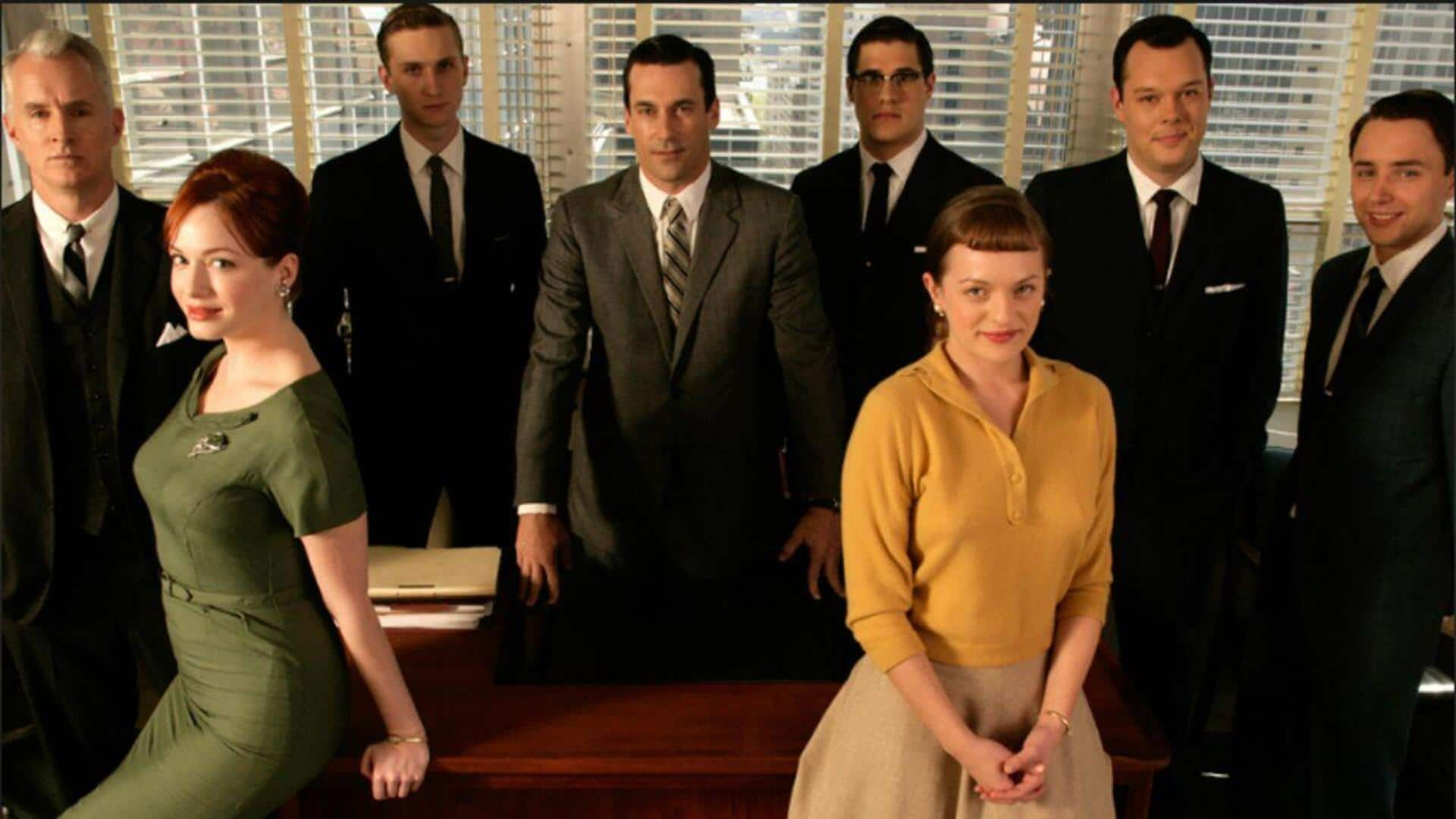
Why 'Mad Men's fashion still turns heads today
What's the story
The television series Mad Men is famous for its attention to detail, particularly when it comes to costumes. Set in the 1960s, the show perfectly embodies the era with its wardrobe. This article explores how Mad Men got its costumes so right, looking at various factors that made its depiction of the time period so authentic. From fabric selection to historical research, each detail brought the 1960s back to life on screen.
Research focus
Historical research and authenticity
The costume designers of Mad Men spent hours researching fashion trends from the 1960s. They flipped through old magazines, catalogs, and photographs to see what people wore during that decade. This research wasn't just limited to clothing but also to accessories and hairstyles. This way, they made sure that every character's outfit was historically accurate and reflective of their social status and personality.
Fabric choice
Fabric selection for realism
Choosing the right fabric was crucial to capture authenticity in Mad Men's costumes. Designers used materials that were in vogue during the 1960s, like wool blends and cotton fabrics. This aided in replicating how clothes would have looked and felt. The texture and weight of these fabrics brought an added touch of realism, making viewers feel they were actually stepping back into another era.
Tailoring methods
Tailoring techniques from the era
The tailoring techniques used for Mad Men's costumes were also inspired by 1960s practices. Designers relied on traditional practices such as hand-stitching and bespoke tailoring to make sure the garments fit perfectly on each actor. This attention to detail made sure the costumes draped naturally on characters while still looking polished, as per the fashion standards of that era.
Color choices
Color palette reflecting the period
Color has been an integral part of establishing the mood of various scenes in Mad Men. The designers chose colors common in the 1960s- muted shades like olive green or mustard yellow combined with bright colors like teal or coral pink- to convey certain feelings or accentuate certain themes in episodes without overpowering other aspects of the scenes themselves.
Accessory details
Accessories complete each look
Accessories served as the finishing touches, adding to the overall authenticity seen across all outfits worn by characters featured throughout the series run. Hats, gloves, scarves, jewelry, watches, belts, shoes, handbags, sunglasses, and even eyeglasses were painstakingly selected on the back of extensive research done before production began. This made sure everything aligned seamlessly together, creating a cohesive visual narrative true to the historicity shown onscreen.